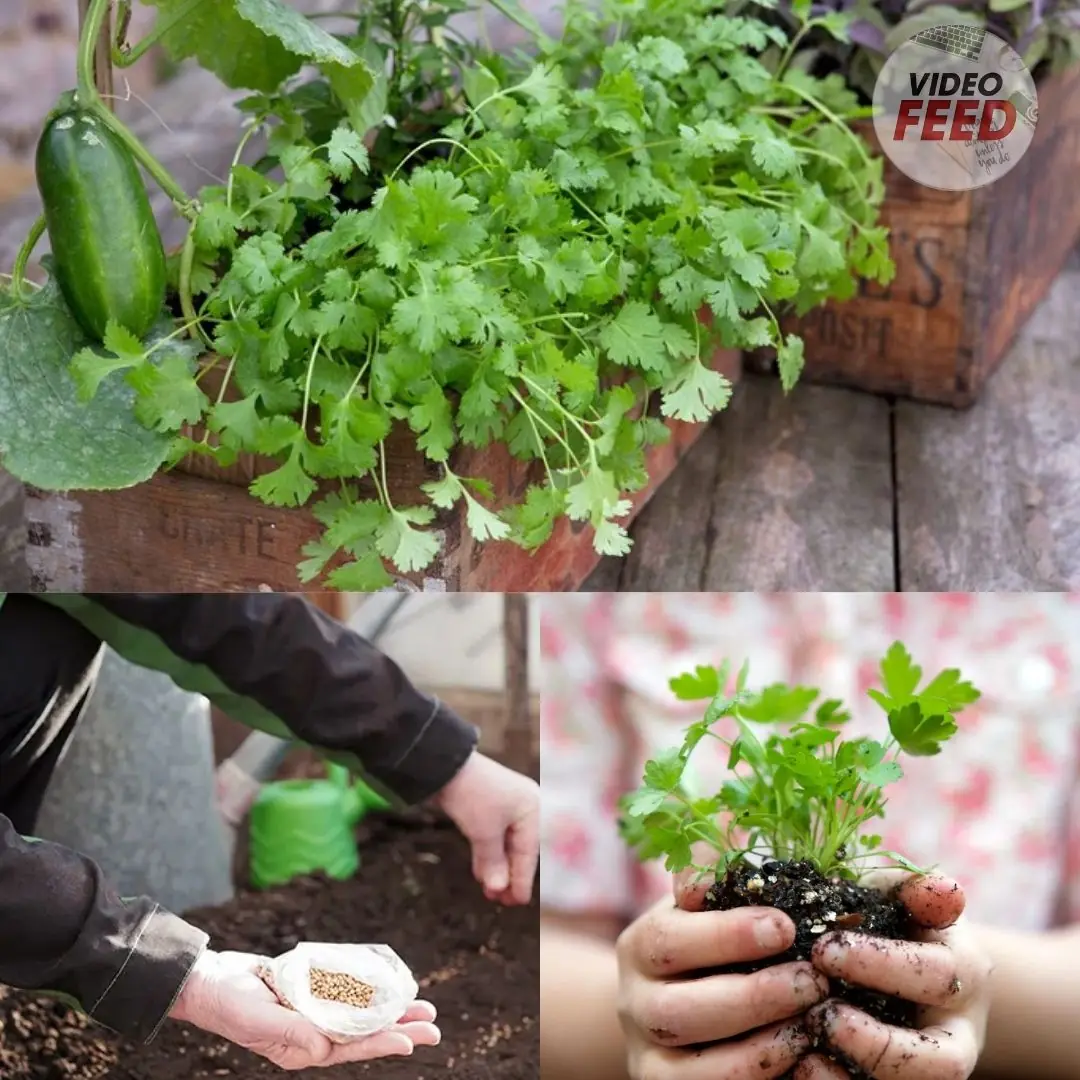
Unleash the Versatility of Nettle: 11 Non-Stinging Ways to Harness its Power

Nettle, often seen as a nuisance in the wild due to its stinging properties, is actually a powerhouse of benefits when used correctly. Beyond its reputation for causing a painful sting, nettle is packed with nutrients, medicinal properties, and countless uses in the home and garden. And the best part? There are plenty of ways to use nettle without ever having to worry about the sting. Let’s dive into 11 versatile, non-stinging ways to harness the power of nettle for your health, beauty, and home.
1. Nettle Tea for Health Benefits
One of the simplest and most soothing ways to enjoy nettle is by making nettle tea. Packed with vitamins A, C, and K, as well as minerals like iron and calcium, nettle tea is a great way to boost your immune system and support overall health.
-
How to make it: Simply steep fresh or dried nettle leaves in hot water for 5-10 minutes. You can add a little honey or lemon to enhance the taste. Drink it regularly to enjoy its detoxifying and anti-inflammatory effects.
2. Nettle for Hair Care: Nourishing Hair Rinse
Nettle has been used for centuries as a natural remedy for hair care. It helps promote hair growth, reduce dandruff, and improve scalp health.
-
How to use: Brew a strong tea from fresh or dried nettle leaves and use it as a final rinse after shampooing. The nutrients in the nettle will nourish your scalp, and the natural compounds will help strengthen hair follicles and add shine.
3. Nettle as a Natural Pain Reliever
Nettle contains anti-inflammatory properties that can help alleviate joint pain and muscle aches. It’s particularly effective in treating conditions like arthritis and tendonitis.
-
How to use: Make a poultice by crushing fresh nettle leaves and applying them to the affected area. You can also drink nettle tea regularly to reduce internal inflammation and pain.
4. Nettle in Cooking: A Nutritious Green
Nettle leaves are highly nutritious, offering a rich source of iron, protein, and vitamins. They are often compared to spinach for their similar taste and texture when cooked.
-
How to use: Sauté or steam nettle leaves and add them to soups, stews, omelets, or pasta. Just remember to wear gloves when handling fresh nettles, as their sting will disappear when cooked.
5. Nettle for Skin Care: Soothing Bath Soak
Nettle has soothing and anti-inflammatory properties that are excellent for calming irritated or inflamed skin.
-
How to use: Add dried nettle leaves to a warm bath to help soothe conditions like eczema, psoriasis, and itchy skin. It will leave your skin feeling refreshed and nourished.
6. Nettle for Detoxification: Cleanse Your Body Naturally
Nettle has been used as a natural detoxifier due to its ability to support kidney function and flush toxins from the body.
-
How to use: Drink nettle tea or make a tincture to assist your body's detoxification process. Regular use helps to cleanse the liver and kidneys, reducing the buildup of waste.
7. Nettle for Garden Fertilizer
Nettle is not only beneficial to humans, but it also works wonders in the garden. It’s an excellent source of nutrients for your plants, particularly when used as a natural fertilizer.
-
How to use: Create a nettle compost tea by soaking fresh nettle leaves in water for a few days. Use the resulting liquid to water your plants, providing them with essential minerals like nitrogen, iron, and calcium.
8. Nettle in Natural Dyeing
Nettle can be used as a natural dye, producing a rich yellow-green color for fabrics and yarns.
-
How to use: Boil nettle leaves in water and strain the liquid. Use the dye to color fabrics, wool, or cotton for eco-friendly and unique coloring options.
9. Nettle as a Natural Insect Repellent
Nettle has the ability to repel certain pests and insects, making it a valuable plant to grow around your home and garden.
-
How to use: Plant nettles around your garden to naturally deter pests like aphids, snails, and slugs. You can also make a nettle spray by soaking nettle leaves in water for a few days, then using the liquid to spray your plants for pest control.
10. Nettle for Respiratory Health
Nettle is known for its anti-inflammatory properties, which can help with respiratory conditions like allergies, asthma, and hay fever.
-
How to use: Drink nettle tea or take nettle supplements to reduce symptoms of allergies and asthma. It helps to clear mucus from the respiratory tract and supports overall lung health.
11. Nettle for Immune System Support
Nettle is loaded with antioxidants that help boost the immune system, keeping you healthy and strong.
-
How to use: Incorporate nettle into your diet by adding it to smoothies, soups, or salads. Regular consumption helps support immune function and protect against illnesses.
How to Harvest Nettle Safely
Although nettle can sting when fresh, the sting disappears once the leaves are cooked, dried, or handled with gloves. To harvest nettle:
-
Wear gloves to protect yourself from the stingers.
-
Cut the top part of the plant where the leaves are most tender.
-
Once you have harvested your nettles, rinse them thoroughly and cook them immediately or dry them for later use.
Conclusion
Nettle may be a prickly plant, but its benefits are far-reaching and incredibly versatile. From boosting your health with its anti-inflammatory and detoxifying properties to supporting your garden with natural fertilizers and pest repellents, nettle is truly a plant that deserves more attention. Whether you're brewing a cup of nettle tea, using it in skin care, or incorporating it into your cooking, this plant proves to be a valuable ally for both your body and your home. Harness the power of nettle and start enjoying its many benefits today!
News in the same category

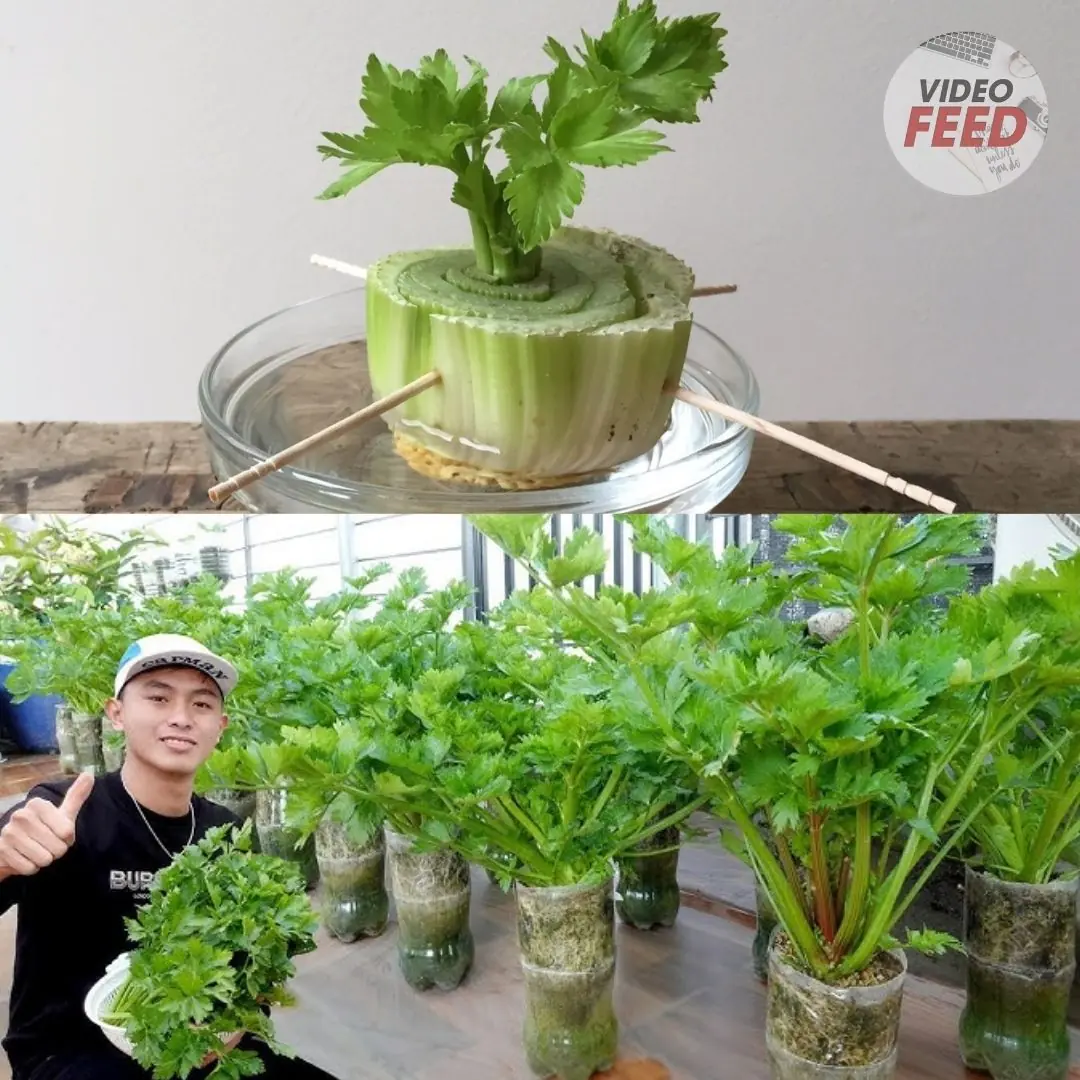
How To Regrow Celery From Scraps
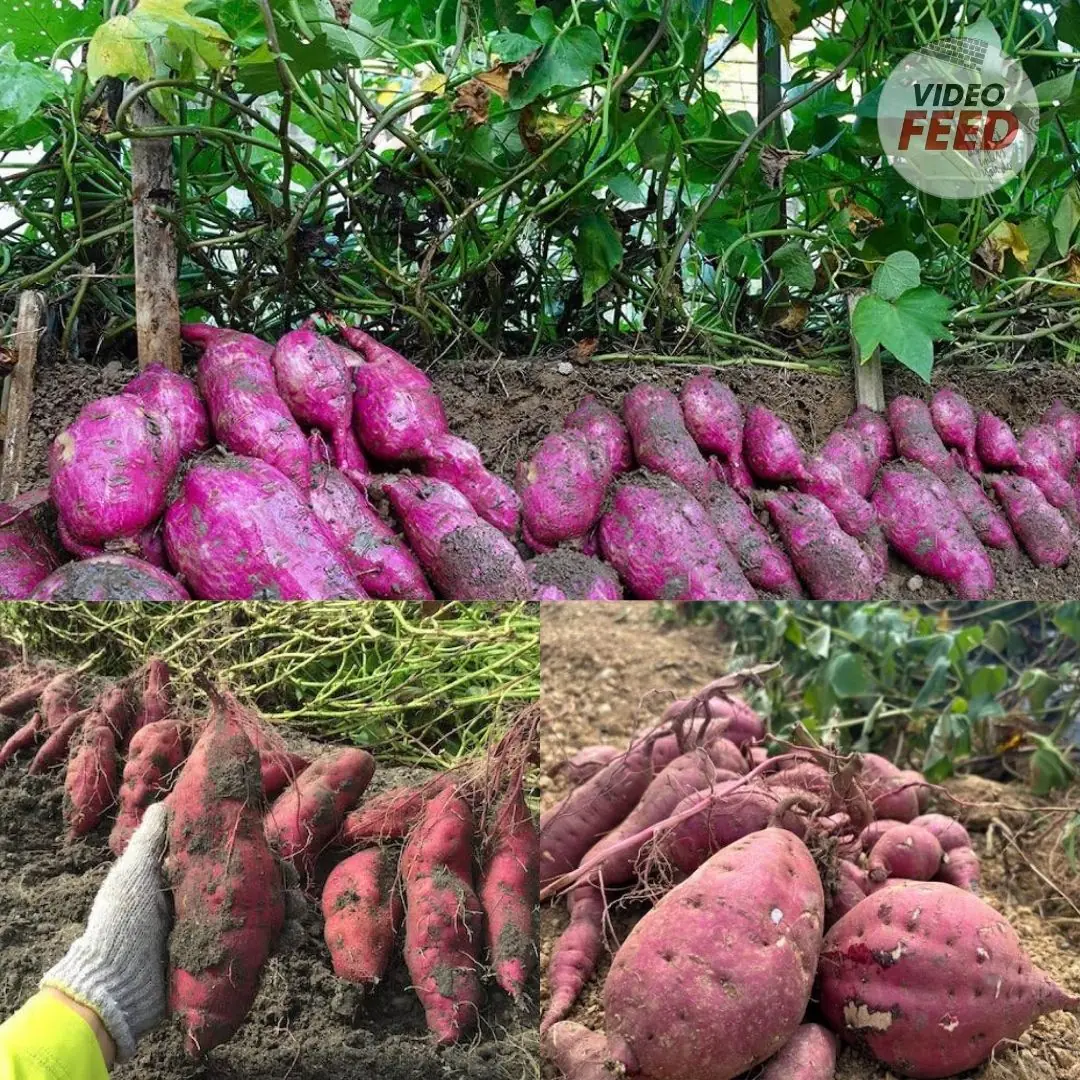
How To Grow Sweet Potatoes: Ultimate Care & Growing Guide
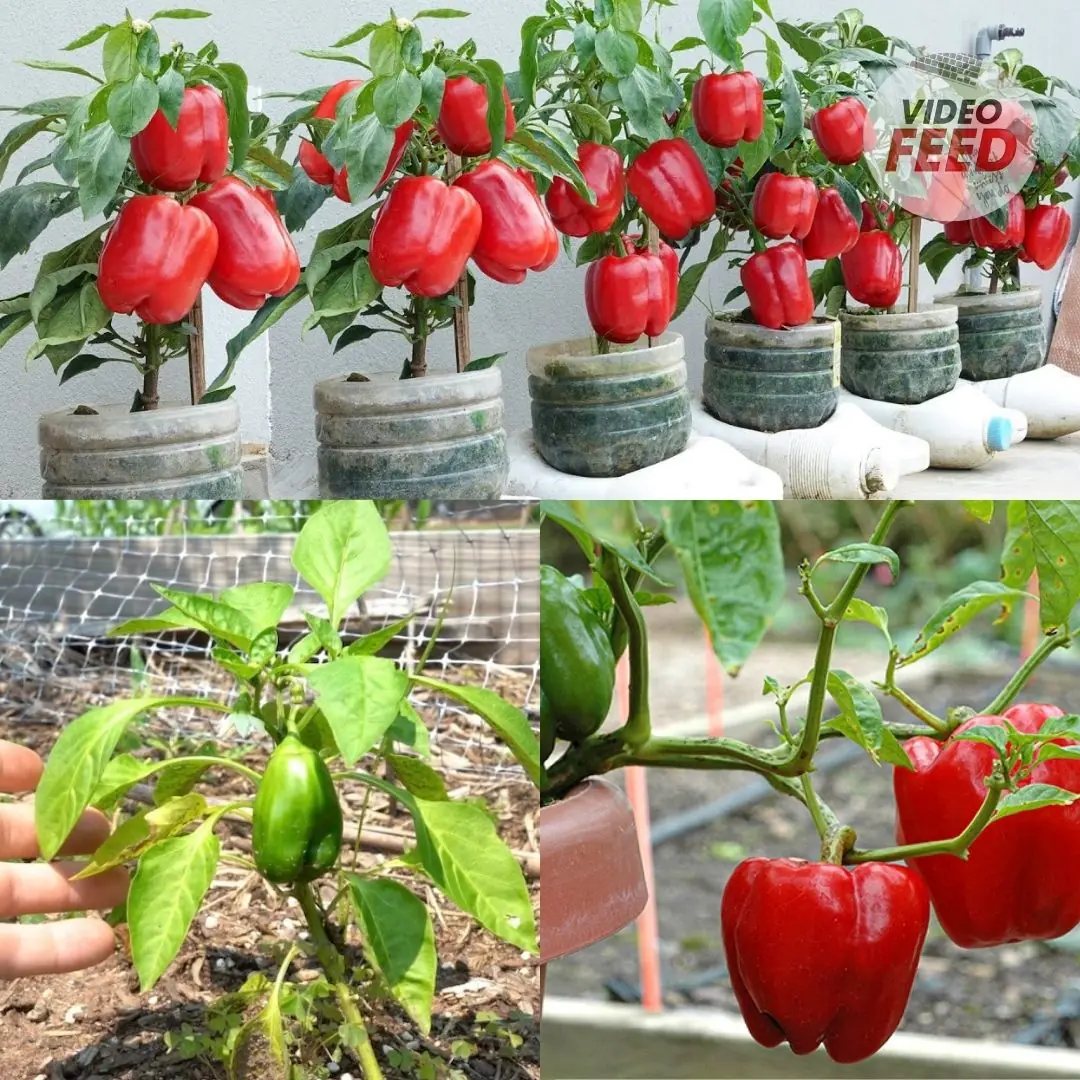
Growing Beautiful Bell Peppers in Sunny SoCal
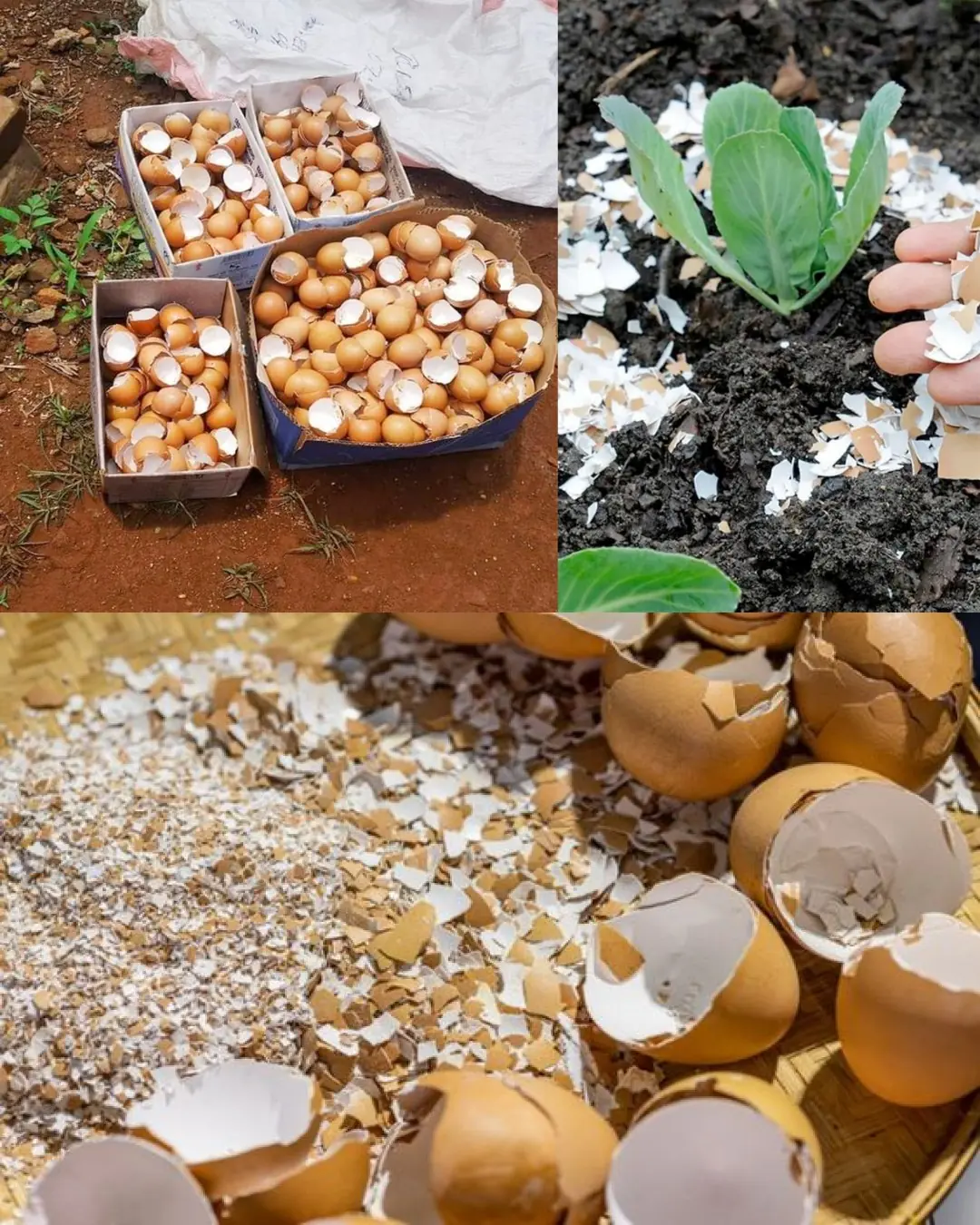
10 Brilliant Uses For Eggshells In Your Garden
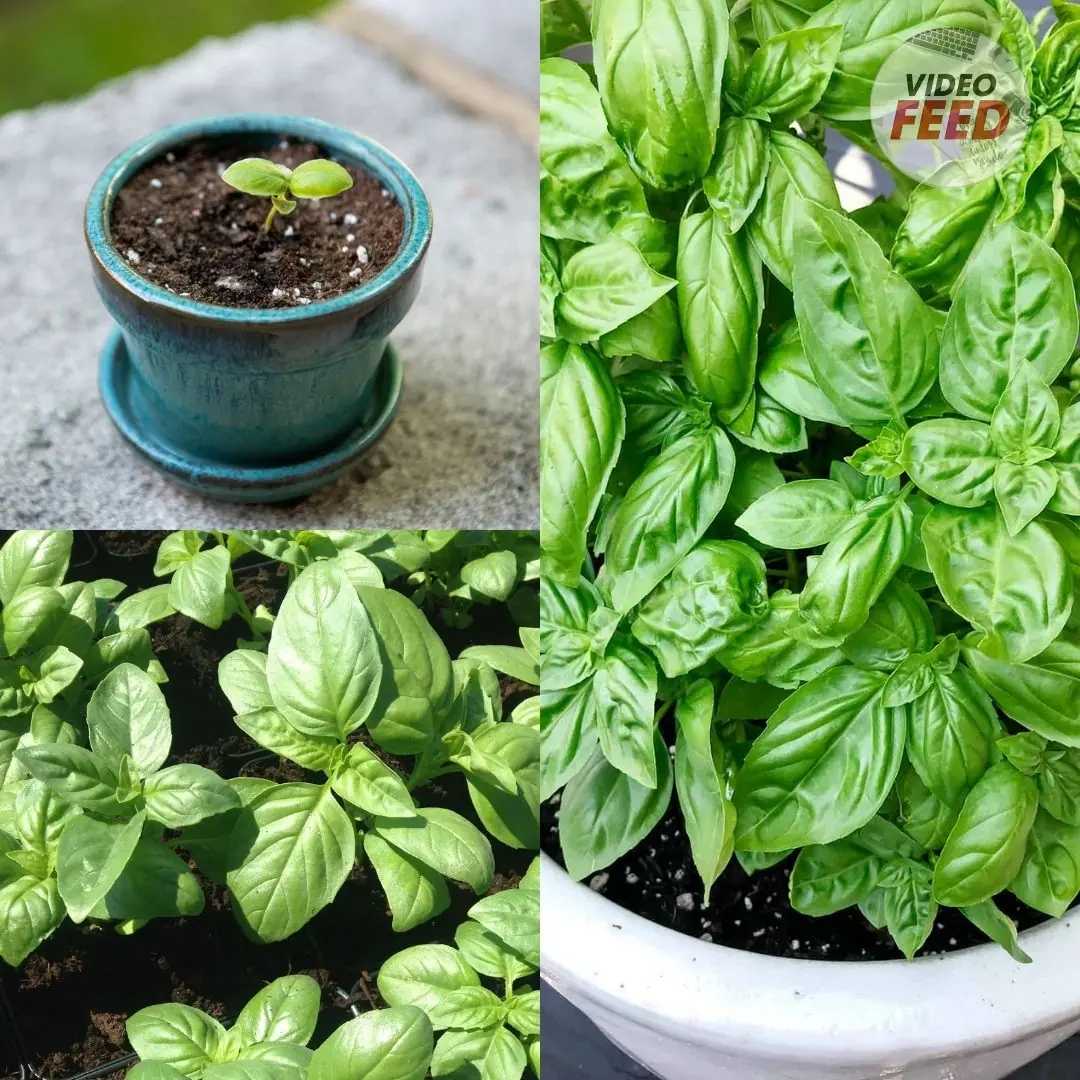
5 Tips to Grow Basil Like a Boss
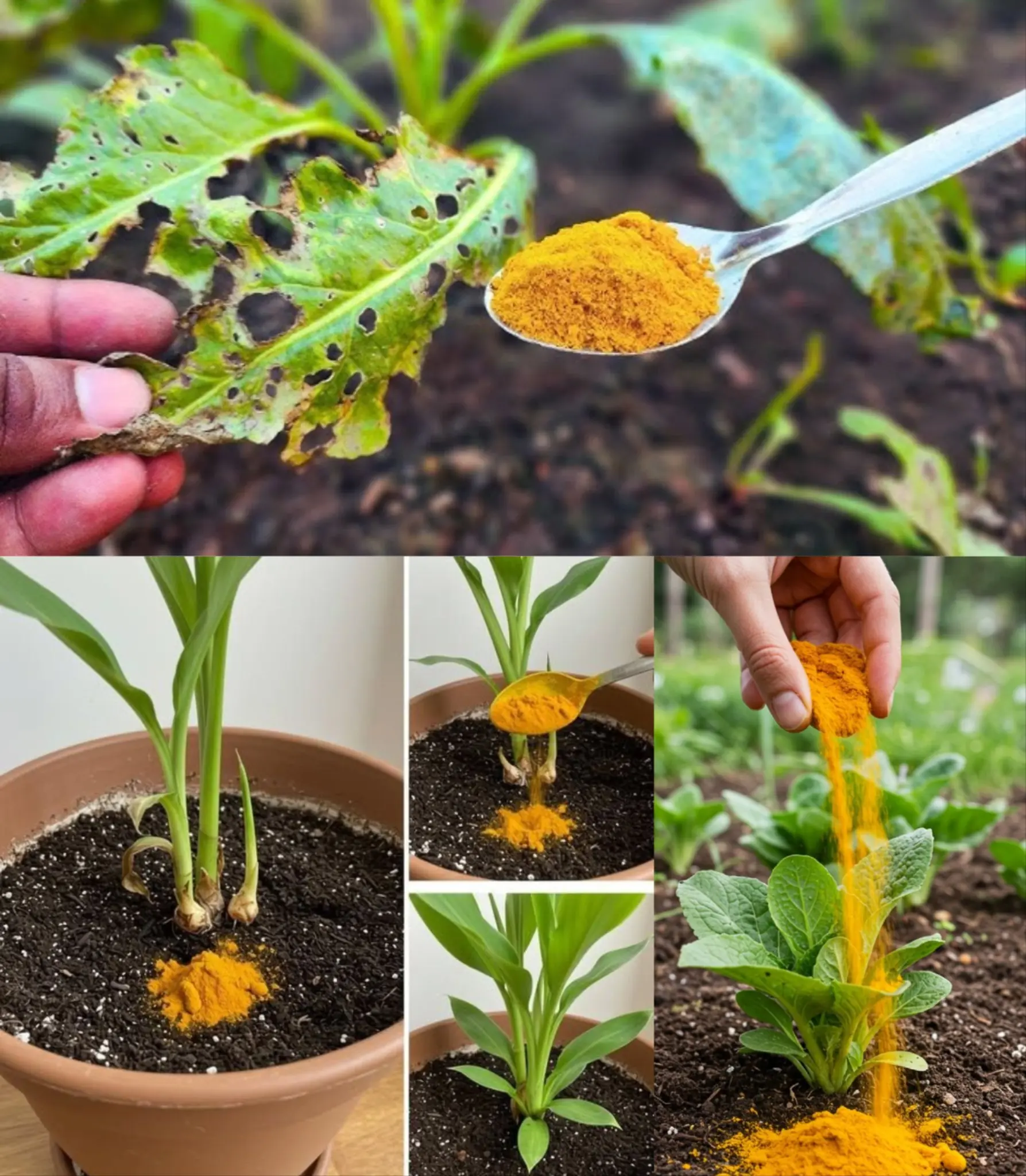
Transform your garden with the magic of turmeric!

Unleashing the Magic: Lemon Seeds in Banana for Healthy Sprouting
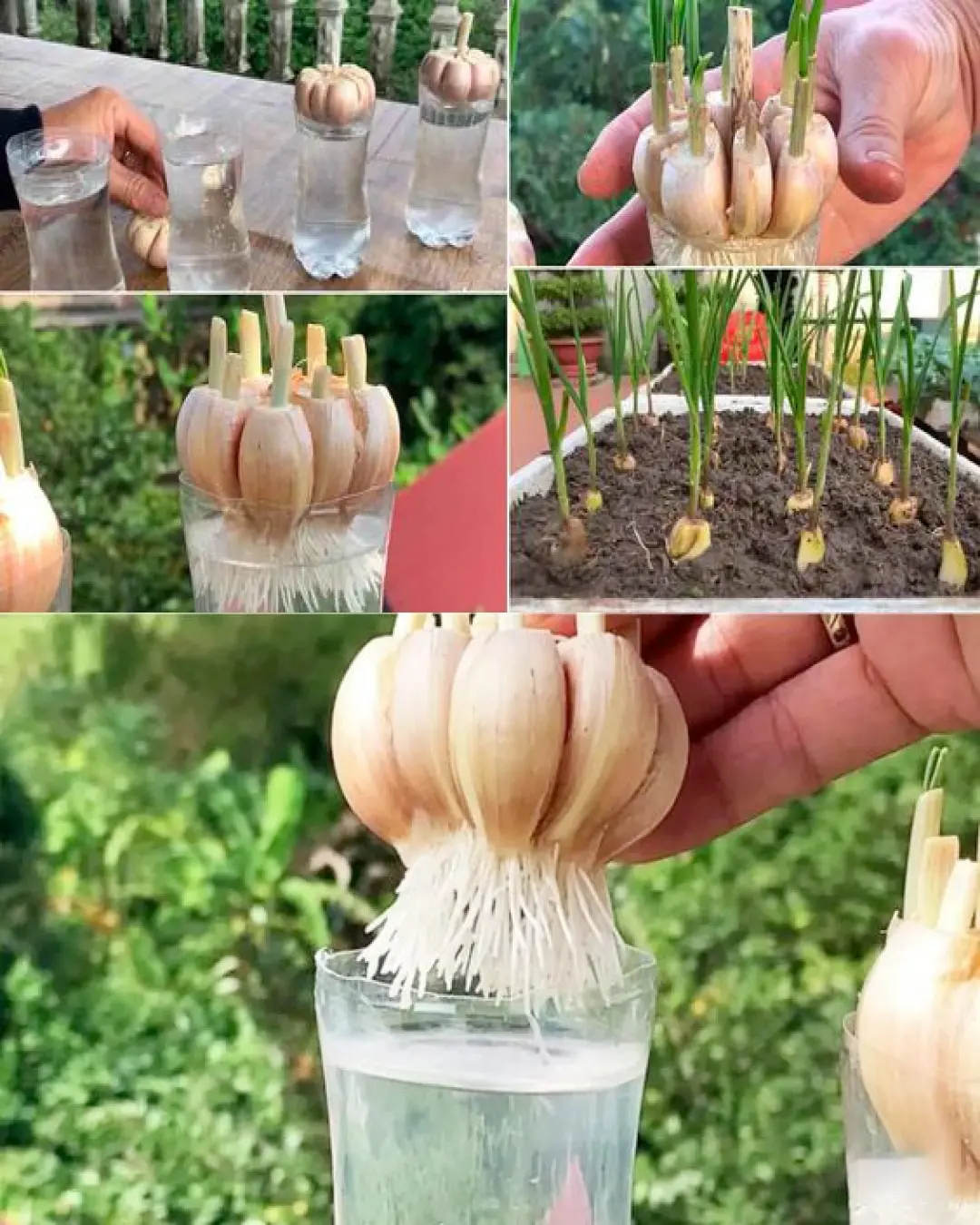
How to grow garlic indoors and care for it
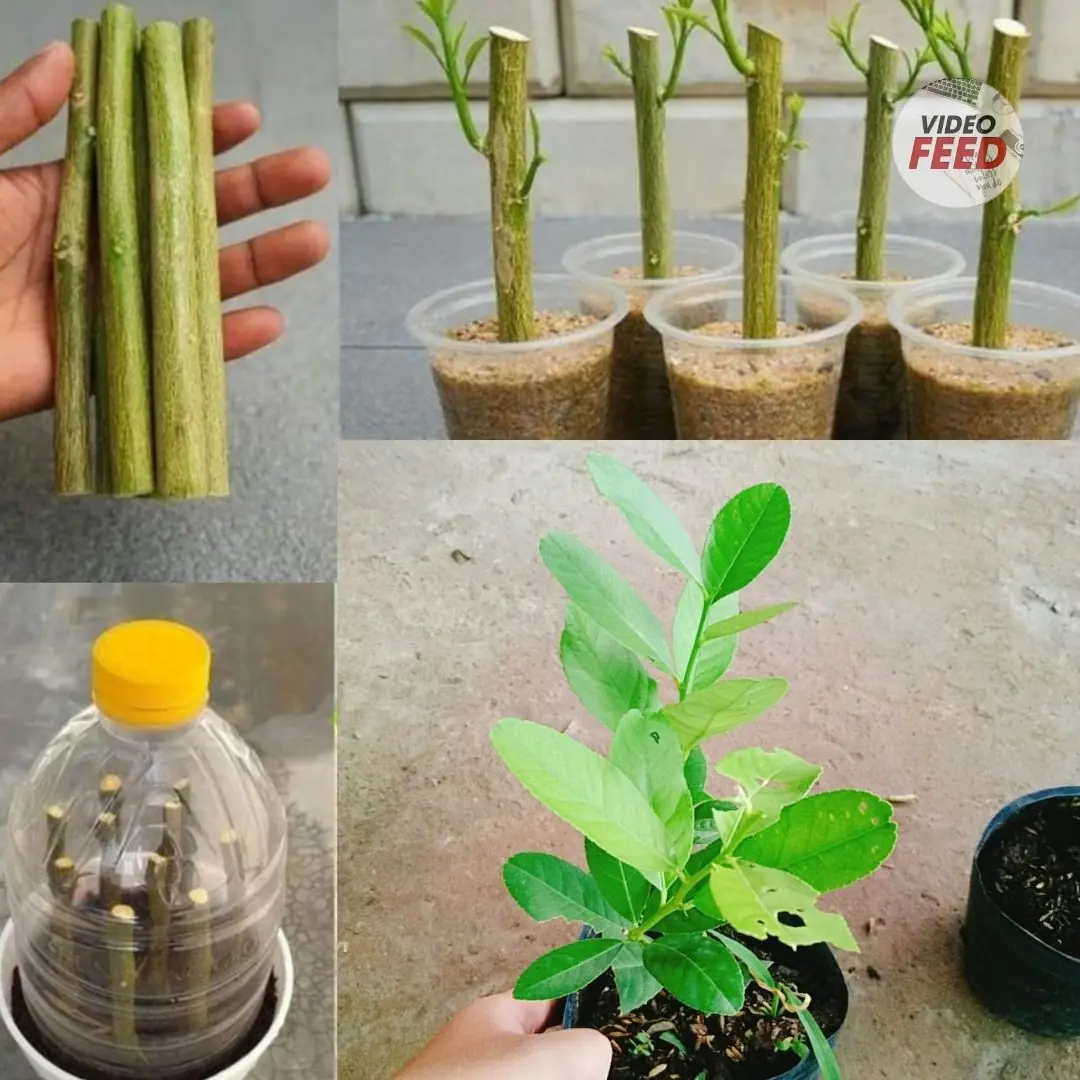
Techniques for propagating lemon trees from cuttings: From A to Z
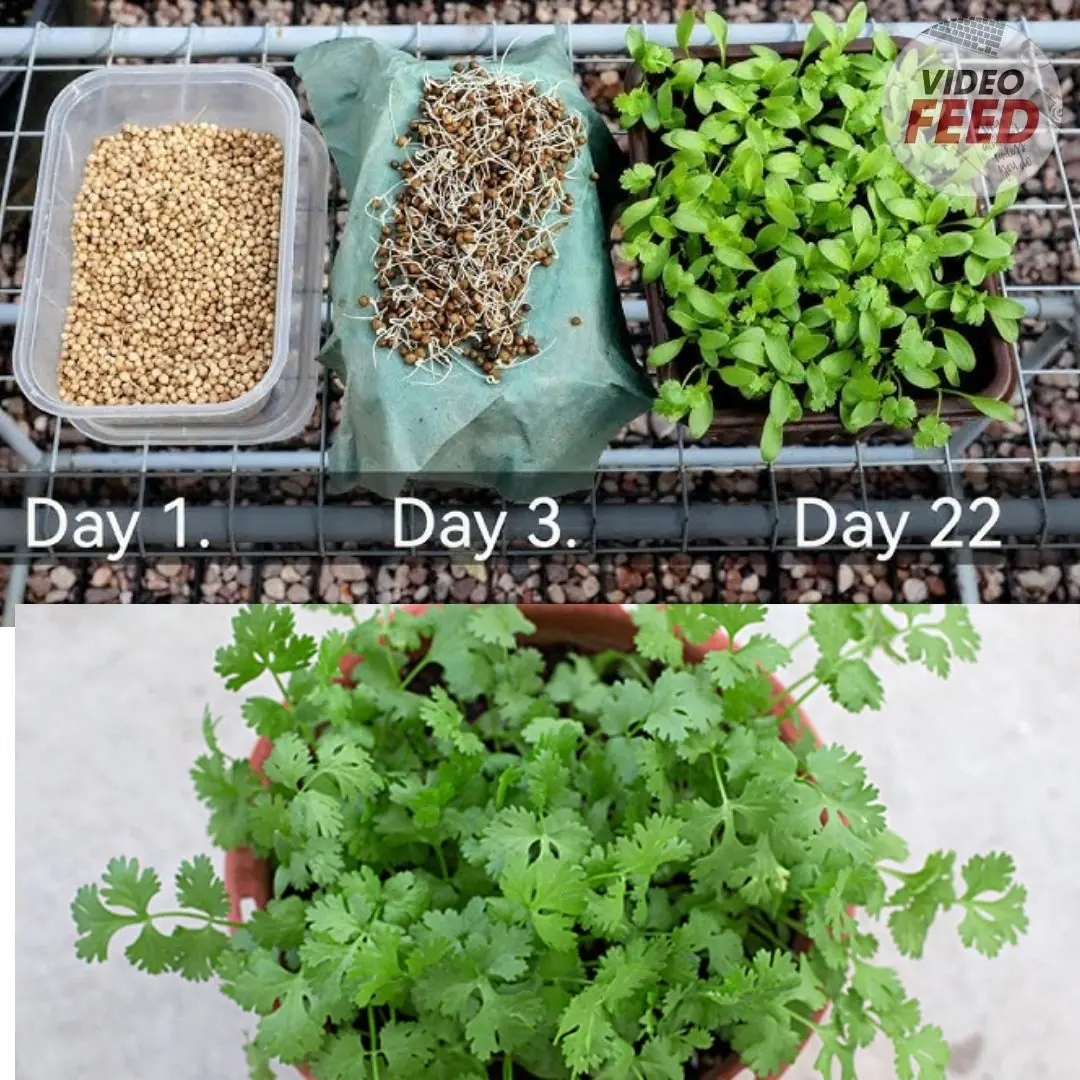
How to Grow Coriander at Home Using a Simple Hydroponic Method
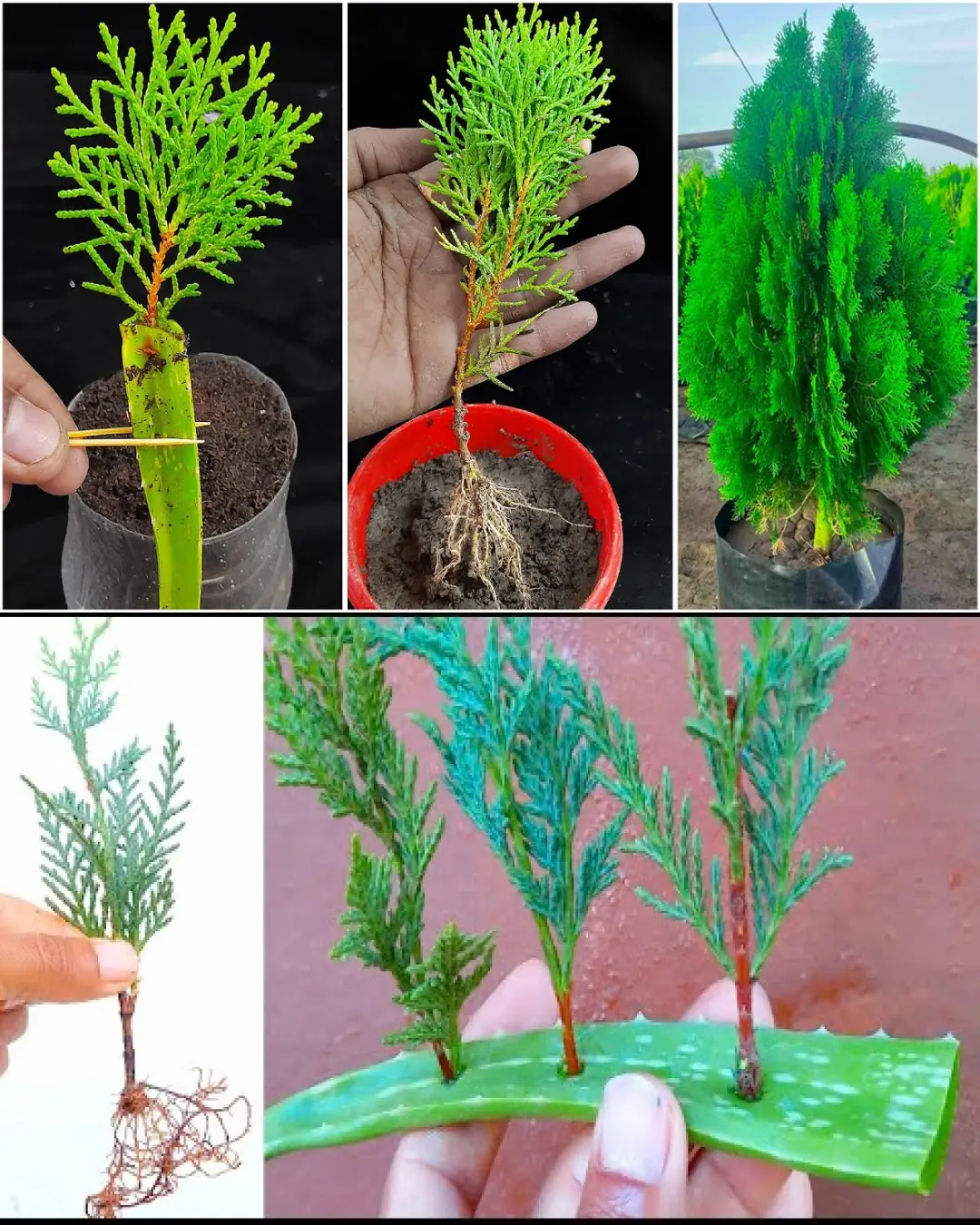
How to Propagate Thuja Plants from Cuttings Using Aloe Vera Gel
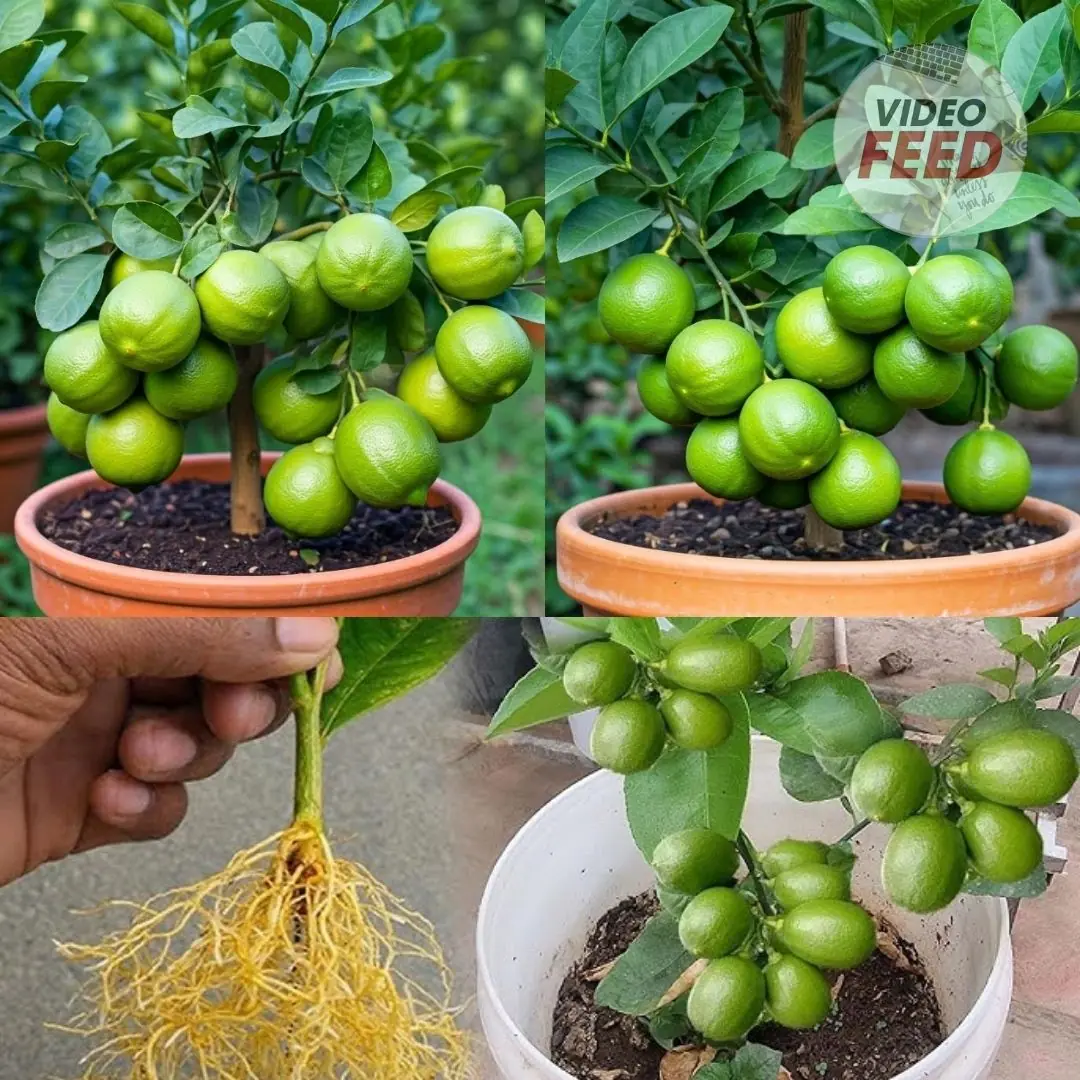
Lemon Tree Love: Simple Steps to Grow One at Home
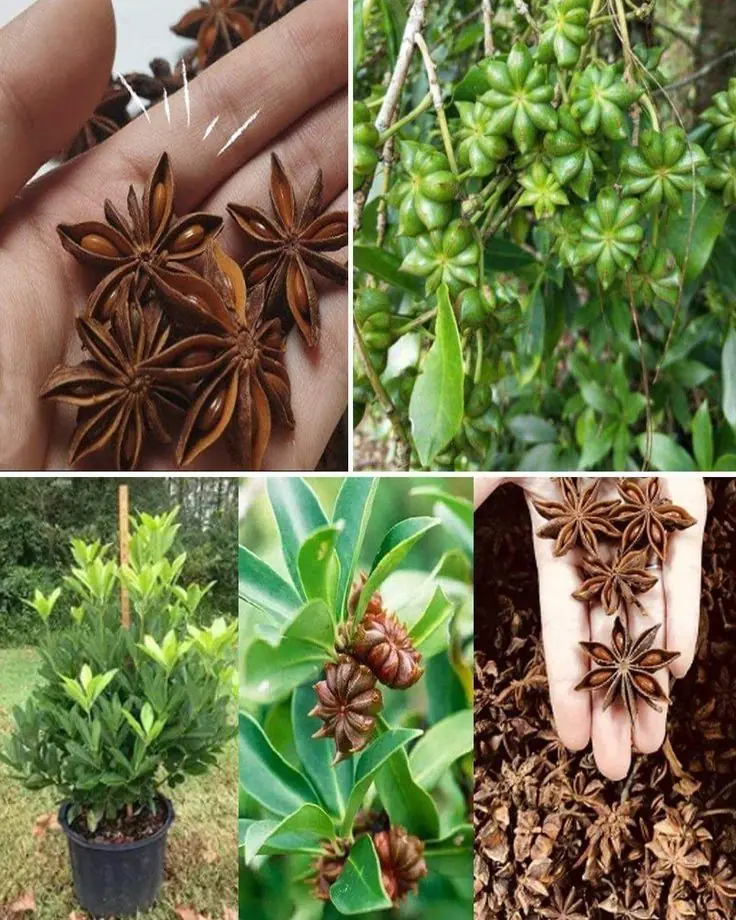
How to Grow Star Anise in a Pot – Exotic Spice at Home!
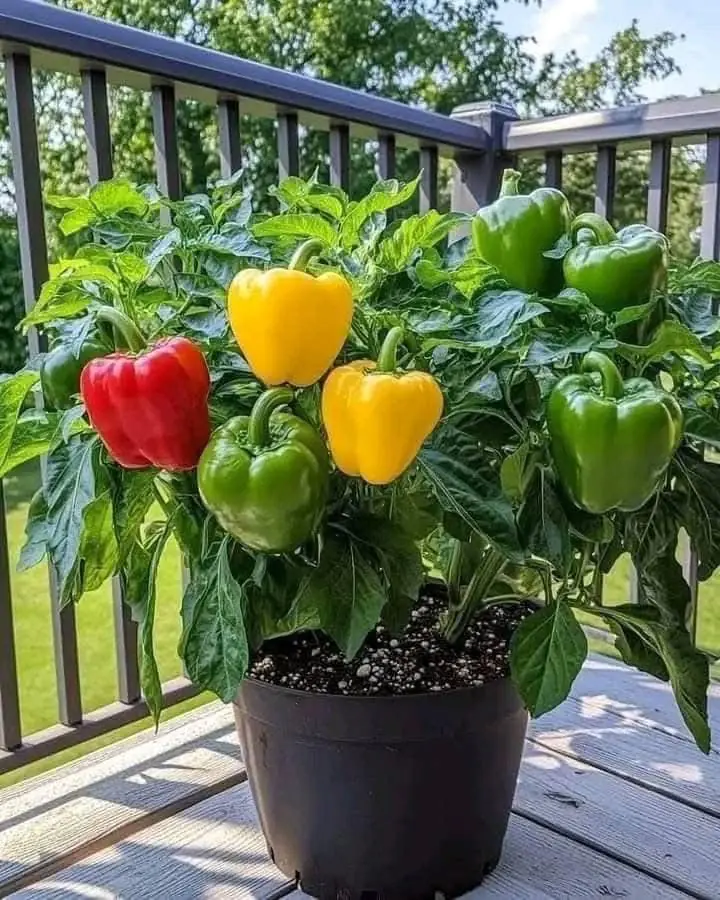
10 Tips for Growing a Big Pepper Harvest
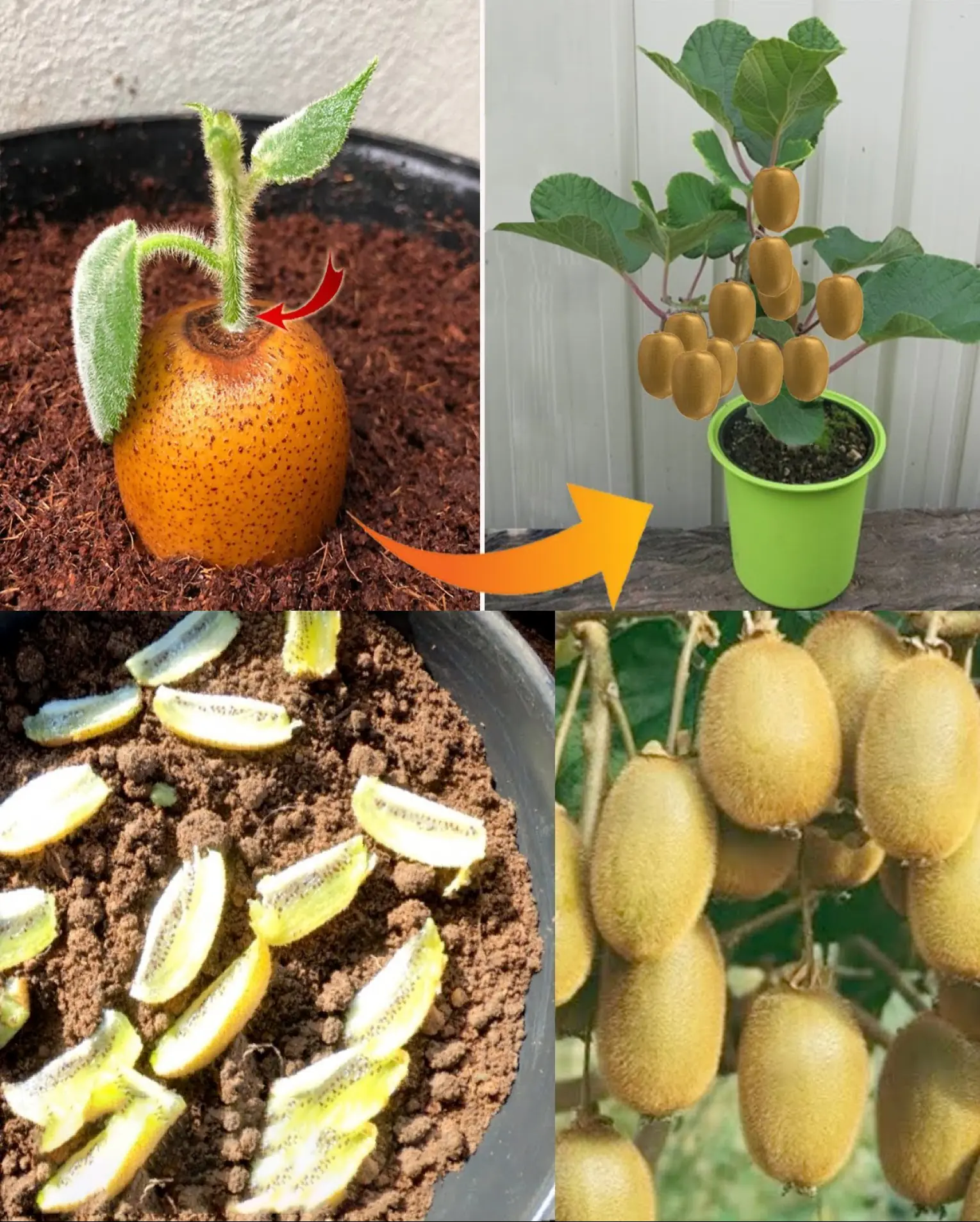
How to Grow Kiwi in Containers at Home
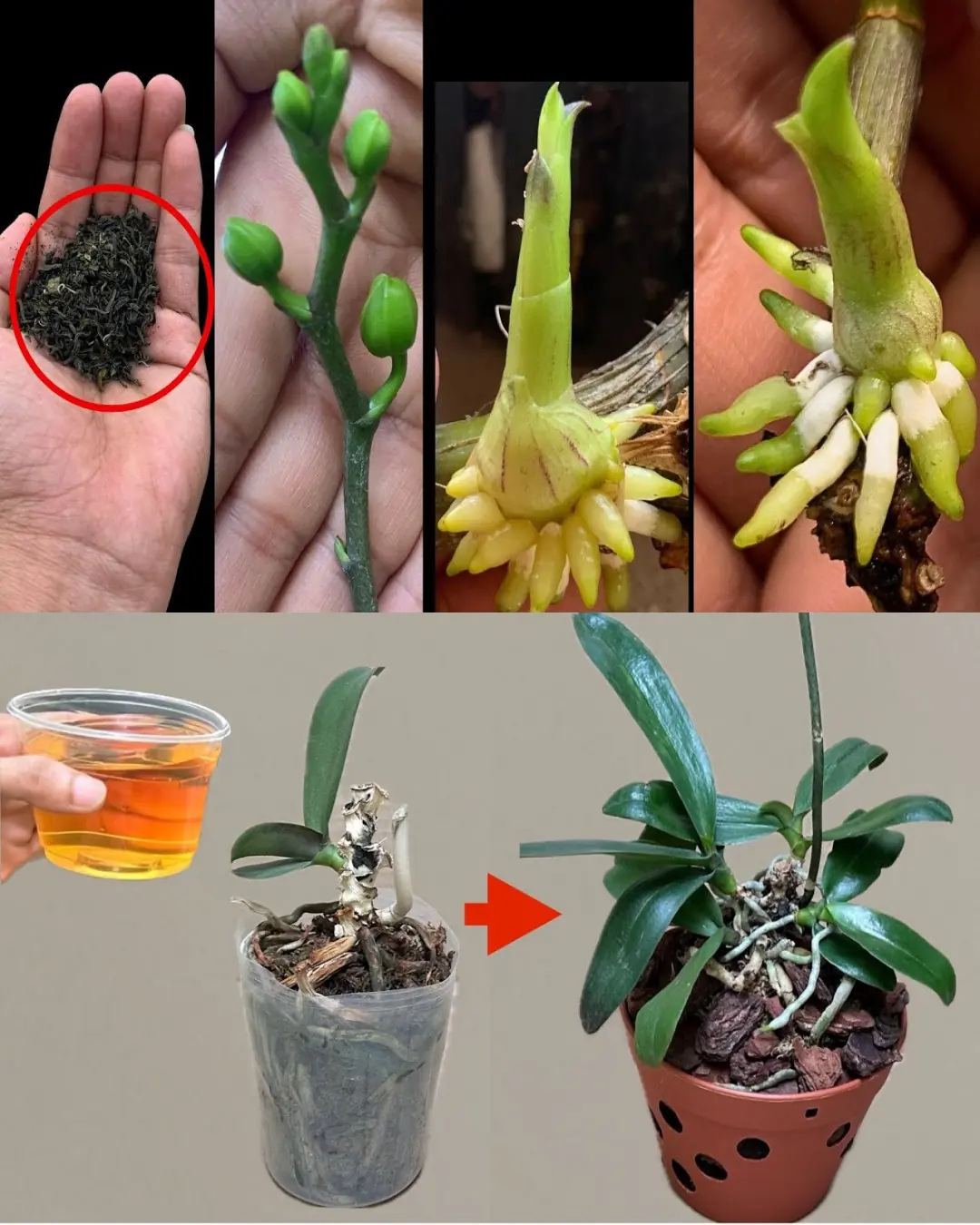
Revitalizing Orchids Using Tea: A Comprehensive Guide with Handy Tips
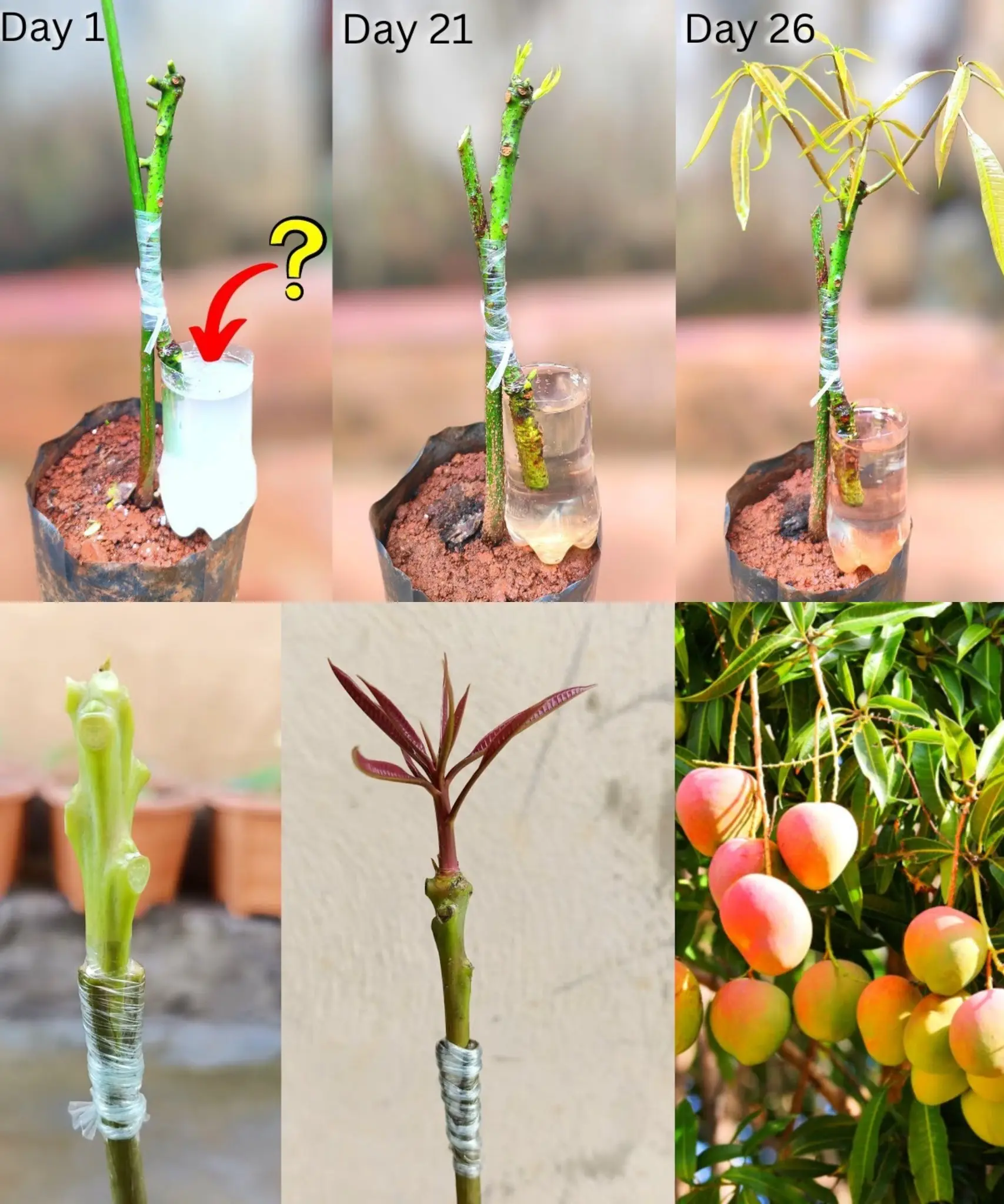
How to Plant a Mango Seed and Successfully Grow
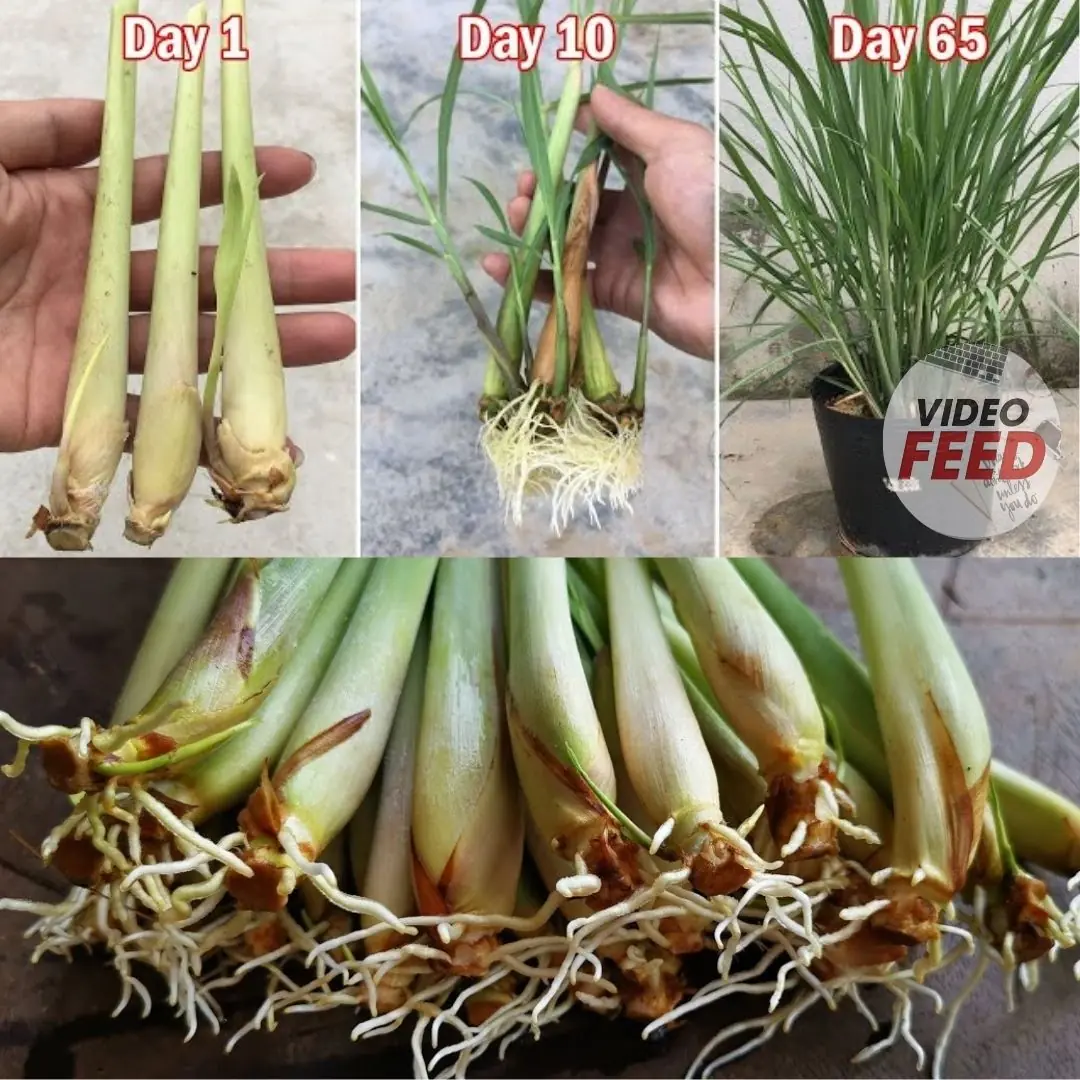
Secrets to growing lemongrass at home – easy to do, suitable for beginners
News Post

Learn How to Plant and Grow Cilantro (Coriander)

How To Regrow Celery From Scraps
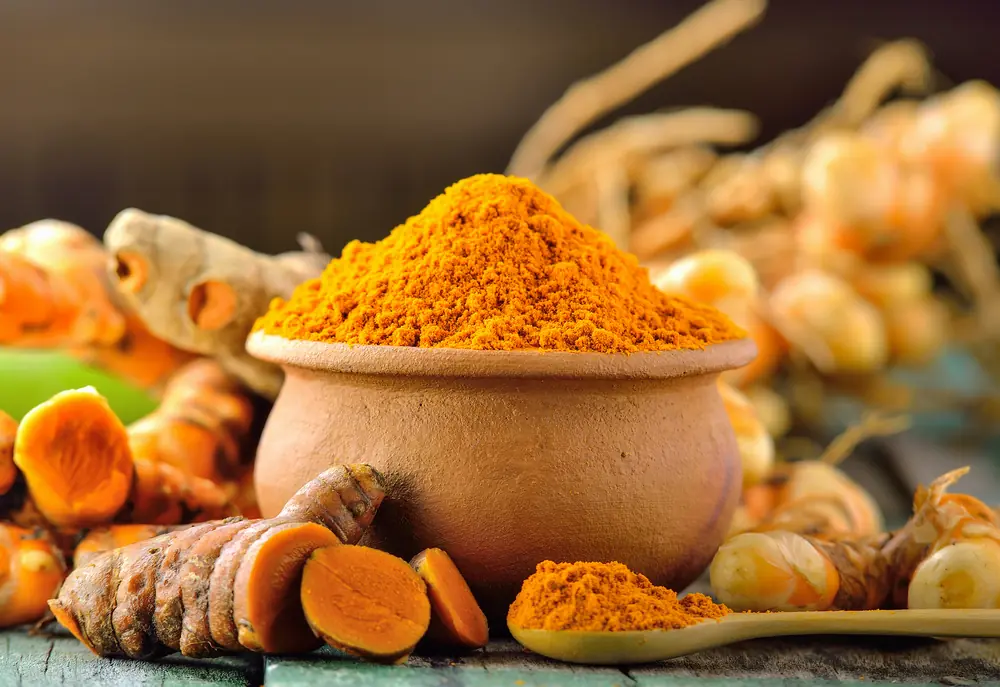
The wonderful health benefits of turmeric for human health

How To Grow Sweet Potatoes: Ultimate Care & Growing Guide
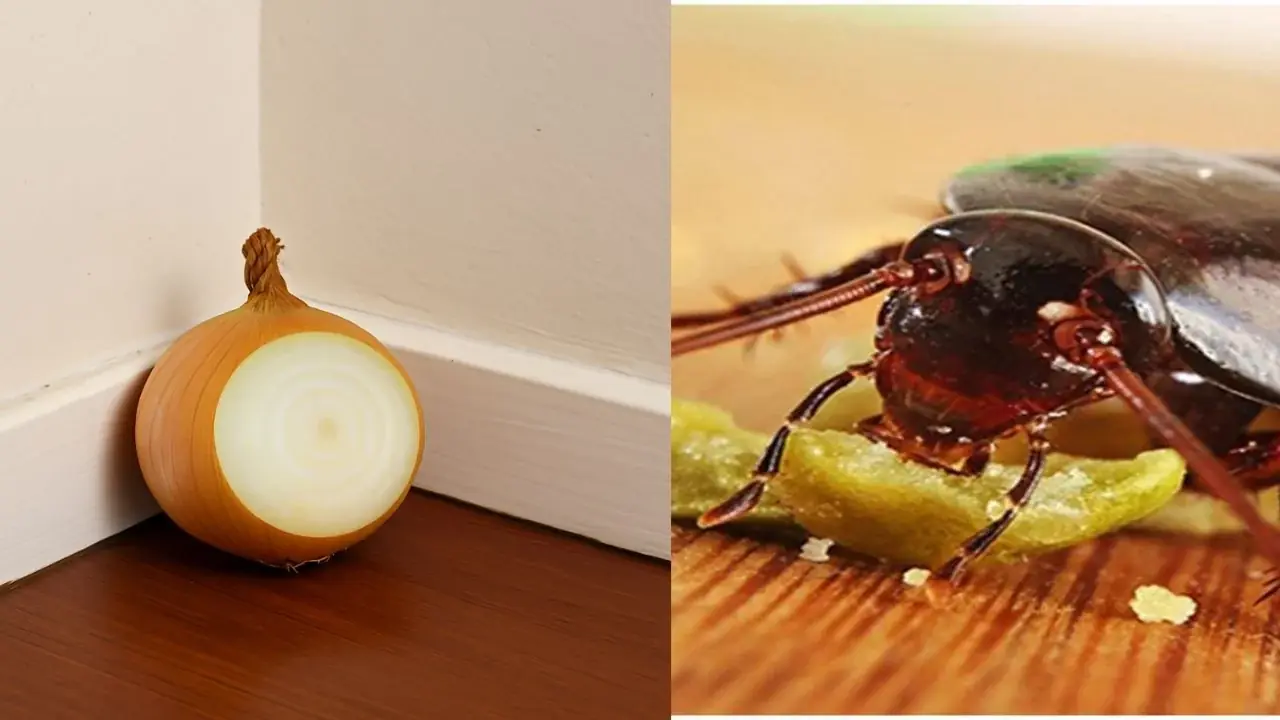
4 great uses of placing an onion in the corner of the room

Growing Beautiful Bell Peppers in Sunny SoCal

Should you turn the lights on or off when sleeping in a hotel?

10 Brilliant Uses For Eggshells In Your Garden
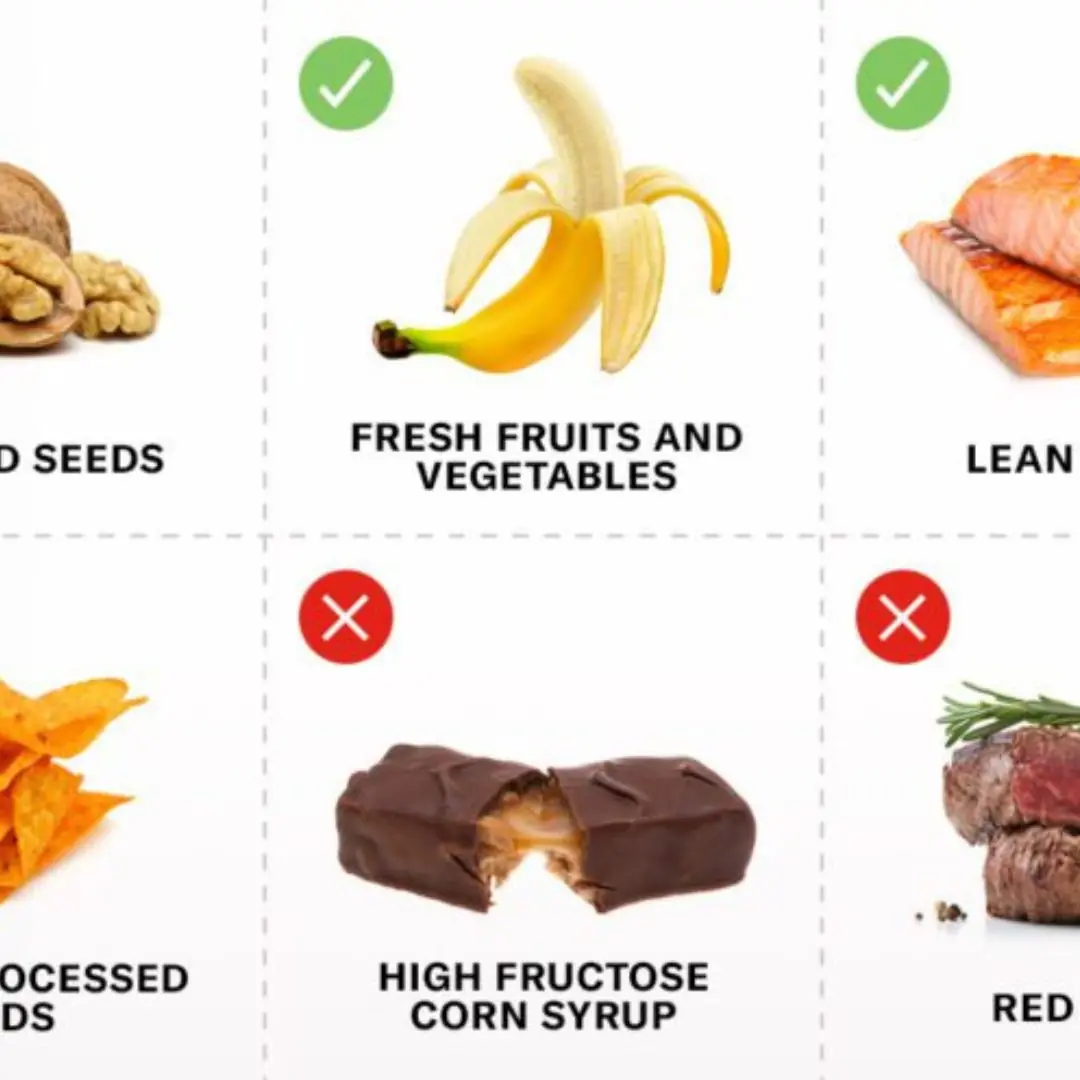
What To Eat During Your Period: Foods That Help Reduce Cramps and Foods To Avoid

5 Tips to Grow Basil Like a Boss

RM, V, Jung Kook, and Jimin will soon be discharged from the military

5 habits to prevent colorectal can:cer

What is the disease of irregular fast and slow heartbeat?
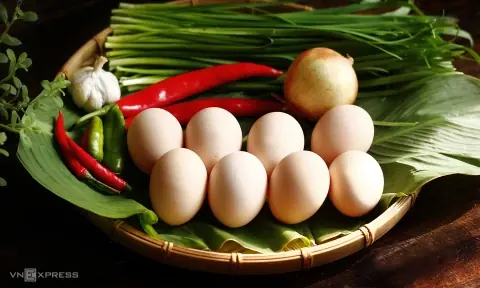
How many eggs should you eat a week?
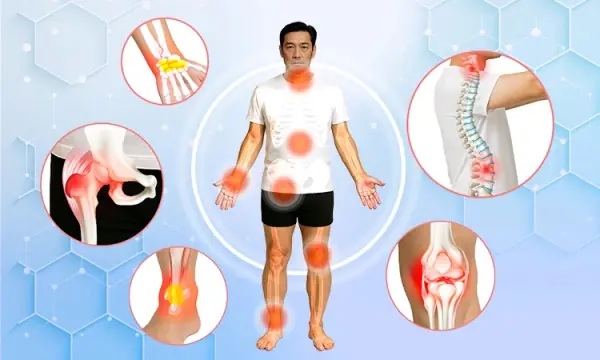
What happens when joints degenerate?
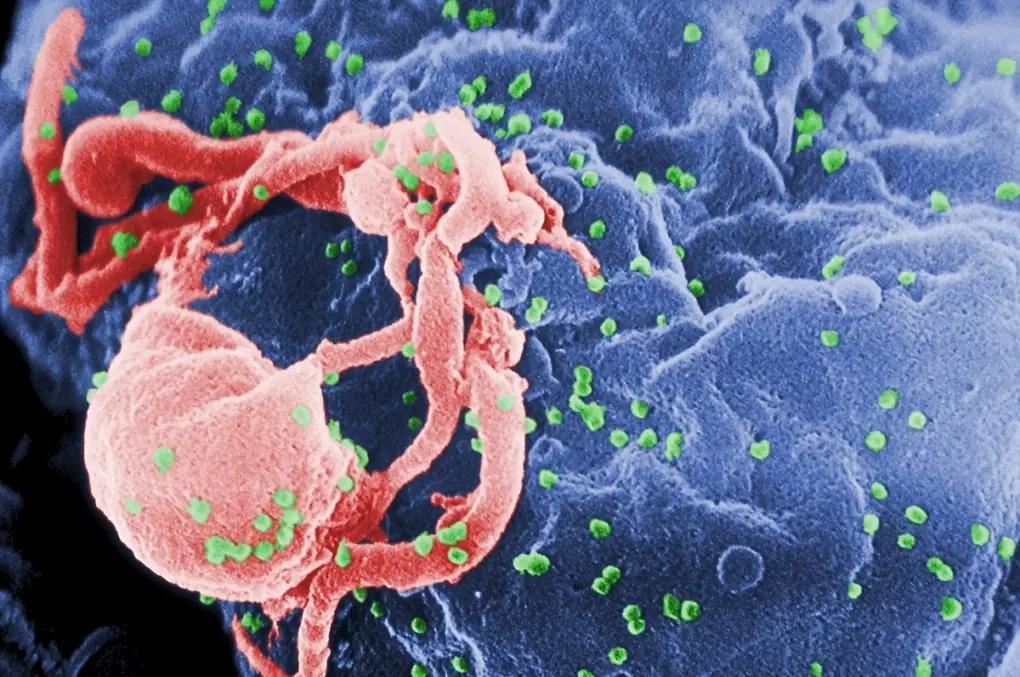
Potential way to cure HIV permanently found

What happens when you eat too much saturated fat?

Transform your garden with the magic of turmeric!
